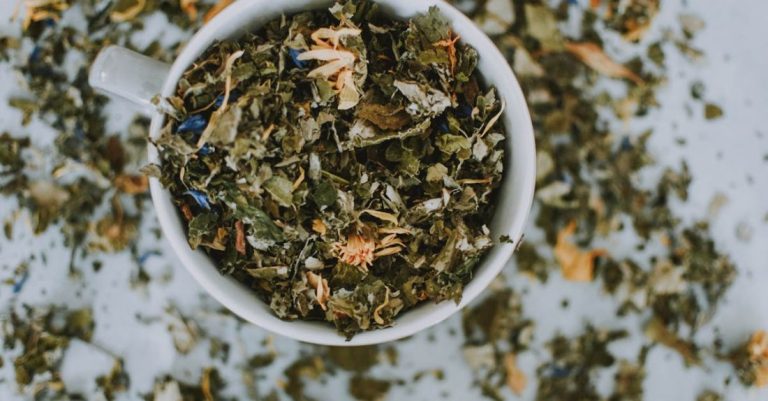
Transitioning to organic gardening is a rewarding endeavor that not only benefits your plants and the environment but also your health. By eliminating synthetic chemicals and incorporating natural methods, you can create a thriving garden that is sustainable and eco-friendly. Whether you are a seasoned gardener looking to make the switch or a beginner eager to start on the right foot, here are some tips on how to transition to organic gardening seamlessly.
Understand the Principles of Organic Gardening
Before diving into the world of organic gardening, it is essential to understand the principles that guide this practice. Organic gardening focuses on cultivating plants in harmony with nature, without the use of synthetic chemicals or genetically modified organisms. Instead, organic gardeners rely on natural solutions such as compost, mulch, and beneficial insects to promote healthy soil and plant growth. By embracing these principles, you can create a balanced ecosystem in your garden that sustains itself over time.
Start with Soil Health
One of the key components of successful organic gardening is healthy soil. Before transitioning to organic practices, take the time to assess the quality of your soil. Conduct a soil test to determine its pH level and nutrient content. Amend the soil as needed by adding organic matter such as compost, aged manure, or cover crops to improve its structure and fertility. Healthy soil is the foundation of a thriving garden, providing essential nutrients to your plants and supporting beneficial soil organisms.
Choose Organic Seeds and Plants
When transitioning to organic gardening, it is crucial to start with the right foundation – organic seeds and plants. Opt for organic seeds or plants that have been grown without synthetic pesticides or fertilizers. By choosing organic varieties, you can ensure that your garden remains free from harmful chemicals and supports biodiversity. Look for organic certification labels when purchasing seeds or plants to guarantee their authenticity.
Implement Natural Pest and Disease Control
In organic gardening, pest and disease control is approached in a holistic manner that focuses on prevention rather than eradication. To manage pests and diseases naturally, encourage beneficial insects and birds in your garden, plant companion crops that repel pests, and practice crop rotation to disrupt pest life cycles. If pest infestations occur, consider using organic solutions such as neem oil, insecticidal soaps, or homemade remedies like garlic spray. By implementing natural pest and disease control methods, you can maintain a healthy garden ecosystem without resorting to harmful chemicals.
Embrace Composting and Mulching
Composting and mulching are essential practices in organic gardening that help improve soil fertility, retain moisture, and suppress weeds. Start a compost pile using kitchen scraps, garden waste, and other organic materials to create nutrient-rich compost for your garden. Incorporate compost into the soil or use it as a top dressing to provide a steady supply of nutrients to your plants. Additionally, mulch around your plants with organic materials such as straw, leaves, or grass clippings to conserve moisture, regulate soil temperature, and prevent weed growth. Composting and mulching are simple yet effective ways to enhance the health and productivity of your garden.
Maintain a Balanced Ecosystem
In organic gardening, creating a balanced ecosystem is key to promoting plant health and resilience. Encourage biodiversity in your garden by planting a variety of crops, flowers, and herbs that attract beneficial insects and pollinators. Avoid monocultures and strive for a diverse and interconnected garden ecosystem. By fostering a balanced ecosystem, you can reduce the risk of pest and disease outbreaks, improve soil health, and create a vibrant and sustainable garden.
Transitioning to organic gardening is a journey that requires patience, dedication, and a willingness to work in harmony with nature. By following these tips and embracing organic practices, you can create a thriving garden that is not only beautiful but also environmentally friendly. Remember that organic gardening is a continuous learning process, so be open to experimentation and adaptation as you explore the wonders of cultivating a garden naturally. Start small, observe, and enjoy the bountiful rewards of organic gardening.





